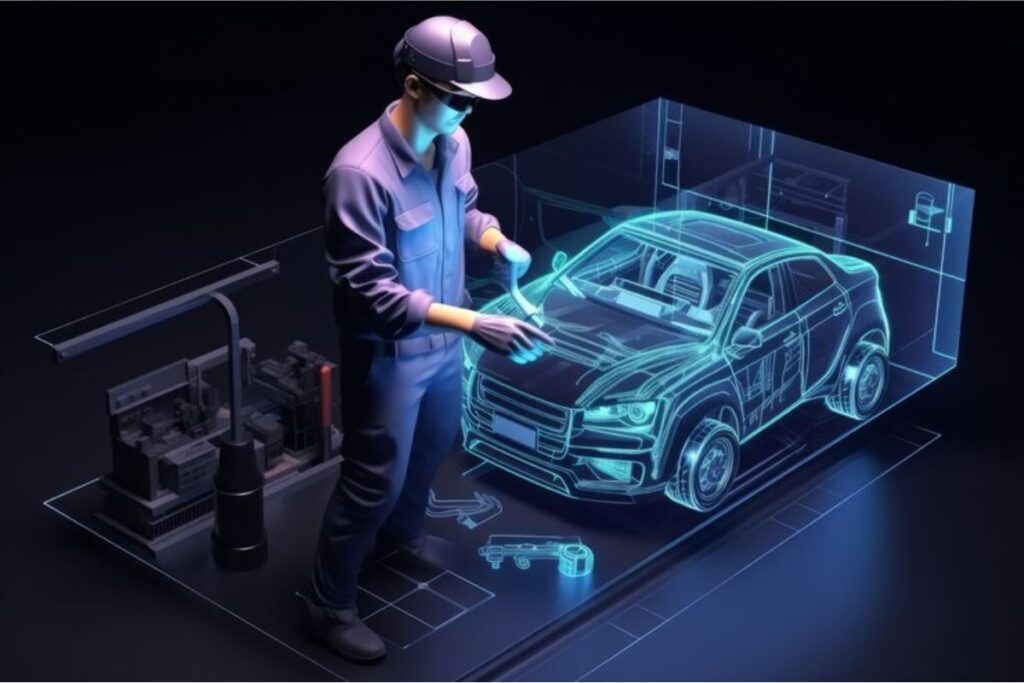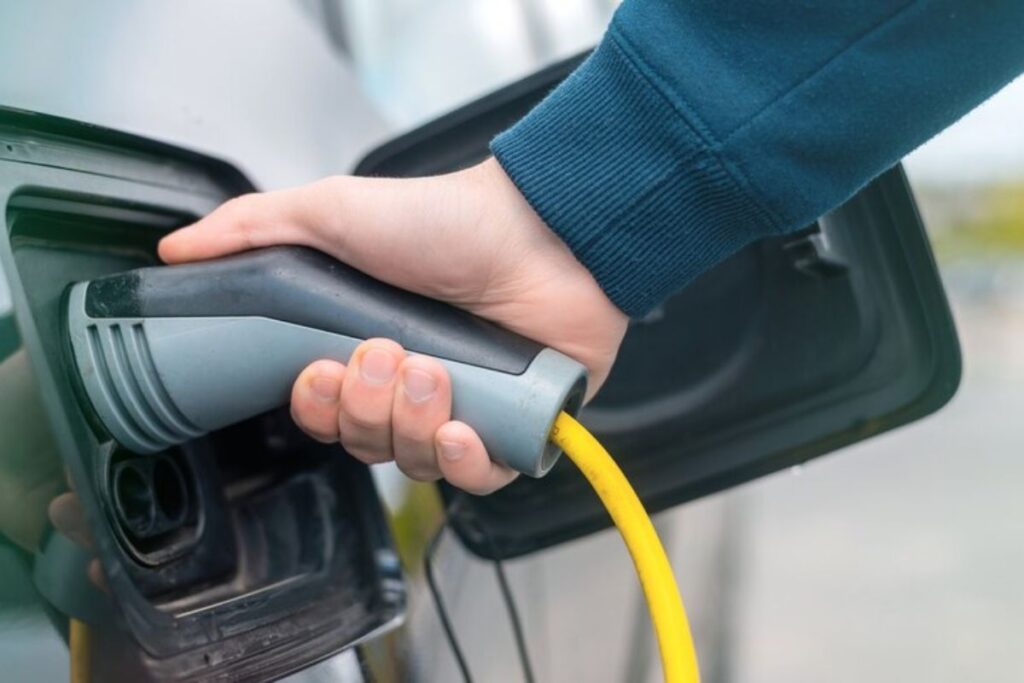The automotive industry is undergoing a significant transformation as more drivers consider switching from traditional petrol cars to electric vehicles (EVs). This shift is driven by the need for more sustainable and cost-effective transportation solutions.
Petrol to electric car conversion is becoming an appealing option for those who want to keep their existing vehicles while enjoying the benefits of electric power.
This guide aims to provide a comprehensive resource for anyone interested in converting petrol cars to electric. Nexgen Wheels covers everything from the basics to the conversion process, legal considerations, and more.
1. Understanding the Basics

What is Petrol to Electric Conversion?
Petrol to electric car conversion involves replacing a vehicle’s internal combustion engine with an electric motor and battery system. This process transforms petrol cars into electric vehicles, allowing drivers to enjoy zero-emission transportation and the unique driving experience that electric power offers.
Benefits of Conversion
Converting petrol car to electric offers several advantages:
- Environmental Impact: Electric cars are one of the zero emission vehicles, reducing the carbon footprint and helping to combat climate change.
- Long-term Cost Savings: Electric vehicles typically have lower fuel and maintenance costs, resulting in significant savings over time.
- Enhanced Performance: Electric motors provide instant torque, resulting in quick acceleration and a quieter ride.
Challenges and Considerations
While the benefits are compelling, there are challenges to consider when converting petrol car to electric:
- Initial Conversion Cost: The cost of conversion can be high, depending on the components used and whether professional assistance is required.
- Limited Range and Charging Infrastructure: Electric vehicles may have a shorter range than petrol cars, and charging stations may not be as widespread.
- Technical and Regulatory Hurdles: The conversion process requires technical knowledge and adherence to local regulations.
2. The Conversion Process

Initial Assessment
Before beginning a petrol to electric car conversion, evaluate whether your vehicle is suitable for conversion. Consider the car’s age, condition, and weight, as these factors can affect the conversion process and performance. Additionally, determine your budget and resources to ensure a successful conversion.
Key Components for Conversion
Several essential components are required for a successful conversion:
- Electric Motor: Choose an electric motor that matches your vehicle’s needs. Consider factors like power output and efficiency.
- Battery Pack: Select a battery pack that offers the desired range and fits within the vehicle’s design. Proper placement is crucial for balance and safety.
- Controller and Wiring: The controller manages the power flow from the battery to the motor. Ensure that the wiring is reliable and properly installed.
- Other Components: Additional components may include chargers, adapters, and cooling systems to maintain optimal performance.
Step-by-Step Conversion Process
- Planning: Develop a detailed plan and timeline for the conversion process, outlining each step and necessary resources.
- Disassembly: Remove the internal combustion engine and related components, making space for the new electric motor and battery.
- Installation: Install the electric motor, battery pack, and other components. Ensure all parts are securely fitted and correctly connected.
- Testing and Calibration: Test the system for functionality and safety. Calibrate components to optimize performance and efficiency.
DIY vs. Professional Conversion
Deciding between a DIY approach and hiring a professional service depends on your skills and resources. DIY conversion can be rewarding but requires technical knowledge. Professional conversion services offer expertise and can ensure a smoother process.
3. Legal and Regulatory Considerations

Compliance with Local Regulations
Converting petrol cars to electric requires compliance with local regulations and obtaining necessary permits. Research the requirements in your area to avoid legal issues.
Insurance and Registration
Update your insurance policy and vehicle registration to reflect the changes made during the conversion. There are some insurance companies that offer discounts for electric vehicles.
Safety Standards
Ensure your converted vehicle meets safety standards and regulations for electric cars. Proper installation and testing are crucial to maintain safety.
4. Costs and Financial Considerations

Breakdown of Conversion Costs
The cost of converting petrol car to electric can vary widely, with expenses including parts, labor, and miscellaneous fees. Research and compare options to find the best components within your budget.
Potential Savings and Return on Investment
While the initial cost may be high, the long-term savings on fuel and maintenance can provide a return on investment. Compare the total cost of ownership with that of a new electric vehicle.
Government Incentives and Rebates
Many governments offer incentives and rebates for electric vehicle conversions. Explore available programs to reduce the financial burden of conversion.
5. Future of Car Conversion

Advancements in EV Technology
Advancements in battery technology, electric motors, and conversion kits continue to make conversions more accessible and efficient. Stay informed about the latest developments to enhance your conversion project.
Market Trends and Opportunities
The demand for electric vehicles and conversion services is increasing, creating opportunities for businesses and individuals interested in the field. Explore potential avenues for growth and innovation in the conversion industry.
“I wrote this topic in 2025. If you would like to explore it further, please click the link below.
“Can You Convert a Petrol Car to Electric? Here’s What You Need to Know in 2025
Conclusion
Converting petrol cars to electric offers numerous benefits, including environmental impact, cost savings, and improved performance. Firstly understand the conversion process and consider legal, financial, and technical aspects.
Then you can successfully transform your petrol car into an electric vehicle. Embrace the future of transportation and explore the exciting possibilities of petrol to electric car conversion.


